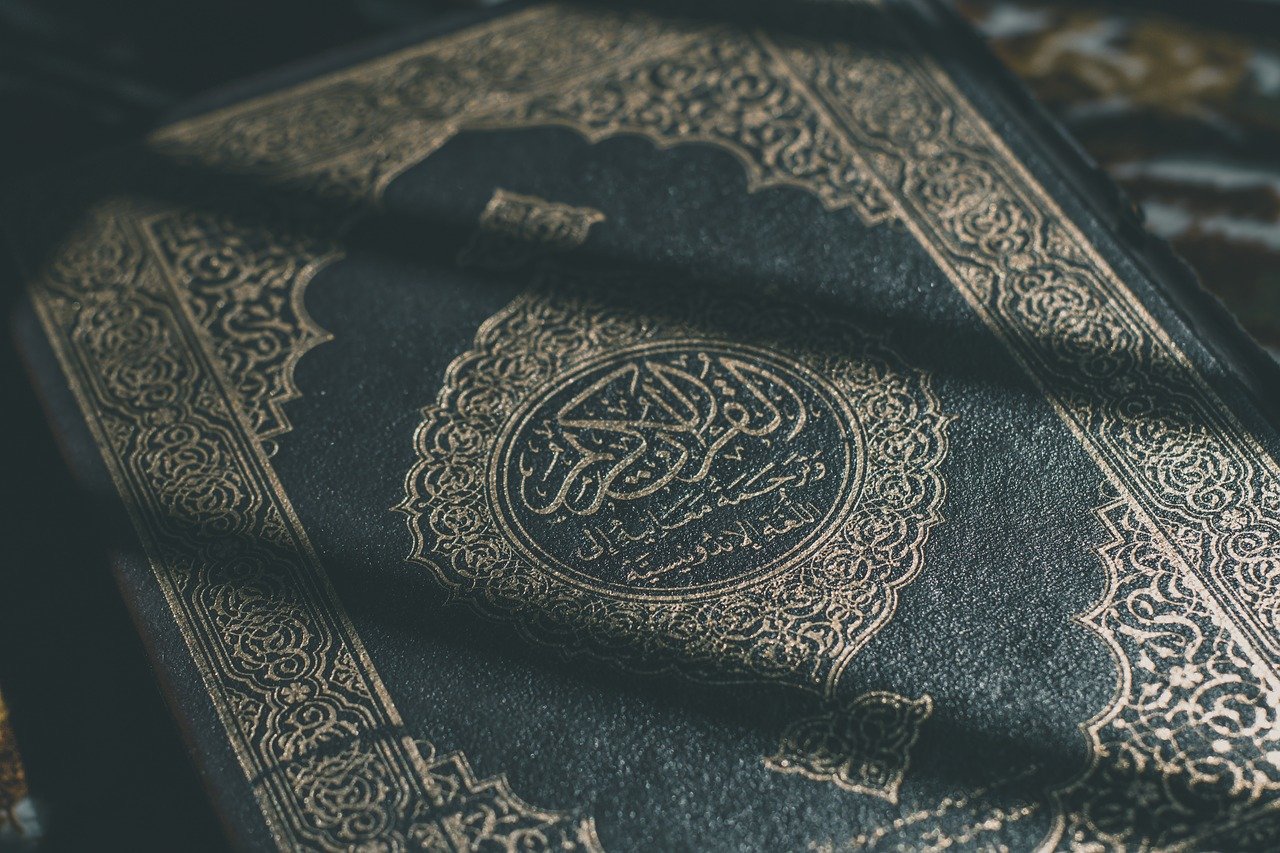The primary religion in Tajikistan and, at the same time, a part of its culture is Islam. The phenomenon of the country is that the Tajik constitution guarantees its citizens religious freedom while prohibiting citizens under 18 to practice their faith. As you can see, Tajikistan is a country full of contradictions!
ISLAM AS A MAIN RELIGION IN TAJIKISTAN
Islam became a dominant religion in Central Asia thanks to the Arabs around the 7th century. Since then, religion has been shaping the Tajik culture and mentality.
The Five Pillars
The Five Pillars are the Islam foundations that every Muslim needs to practice to live the life that will close him to God. These are as follows:
- Shahadah – honest faith declaration.
- Salat -praying 5 times a day at certain times. The prayer task is to constantly remind that Allah should be in the first place in the life of every Muslim.
- Zakat – sharing a part of the income with the poorer (usually ¼ paid one time a year). It aims to protect Muslims from greed and unite rich and poor followers.
- Sawm – fast during Ramadan for adult Muslims who are in good health. Fasting aims at connecting with Allah and the less fortunate suffering from hunger on a daily basis.
- Hajj – a pilgrimage to Mecca. Every Muslim follower needs to undertake it at least once in a lifetime if it’s physically possible for him and affordable.

Two faces of Tajik Islam
Islam in Tajikistan isn’t homogenous. It’s possible to divide Tajik Islam followers into two groups. Namely, the Tajik people, including Yaghnobi ethnic minority, who are Sunni Muslims, and the Pamir people belonging to the more progressive Islam, Isma’ilism (Shia Muslims). While the first ones discriminate against the position of women, the latter ones, due to their forward-thinking, sometimes are called heretics.
Those two various religious factions represent totally different men’s attitudes toward women depending on what part of the country you will visit.
When in Pamir, you will see that women here are as free as men, and their role doesn’t simply mean being a housewife whose main task is to cook and do the housework. The Pamir women are well-educated, and many of them take up a job. We can even say that their position in society is equal to the position of a man.
For comparison, in conservative Sunni Islam, women have nothing to say, especially when it comes to marriage arrangements. Most young couples get engaged at the age of 18, while the wedding ceremony needs to be held usually two years later. The families have to prepare the wedding party and set aside enough money. In the Sunni Islamic world, a woman knows that her life role is raising children and taking care of the house. In turn, the role of every man is to support a family. That is why a man is the person who works and earns money.
About 98% of all Tajikistan inhabitants are Muslims. The majority of that percentage adheres to Sunni Islam, while only around 4% represent progressive Shia Muslims.
OTHER RELIGIONS IN TAJIKISTAN
While most of the Tajik population are Islam followers, the remaining 2% comprises, a.o. Russian Orthodox, Catholics, Buddhists, Zoroastrians, Jews, Protestants, Jehovah’s Witnesses, and atheists.
Russian Orthodox is the largest Christian denomination in Tajikistan, while the smallest in Central Asia generally. Those who have converted from Islam to Christianity are most often persecuted, especially in Tajik urban areas.
RELIGIOUS FREEDOM
Even though Tajikistan is theoretically a secular country, religious freedom leaves much to be desired in practice. Most religious minorities don’t reveal their adherence to a particular denomination in fear of governmental persecution and social reactions.
In 2007, the community of Jehovah witnesses was officially recognized as illegal in Tajikistan. In turn, in 2019, President Rahmon signed the law prohibiting importing and selling the clothing of a ‘foreign culture.’ His move was perceived as a direct attack against Muslim women to stop them from wearing hijab and simultaneously force them to wear scarves in a ‘Tajik way’ (with exposed hair). Women who disobey this law can be fined.
Final words
As the poorest Central Asian and predominantly Islamic country ruled continuously by the same president for a few decades, Tajikistan isn’t an example of a country whose citizens can enjoy religious freedom. With its long-ruling Emomali Rahmon, the corrupted government makes much effort to control every area of Tajik people’s life.
When going to Tajikistan, you should primarily bear in mind that you enter an Islamic world. Apply for your e-visa and explore this extraordinary destination!
